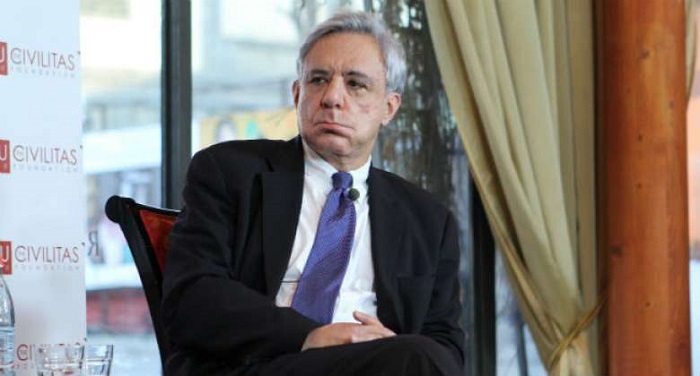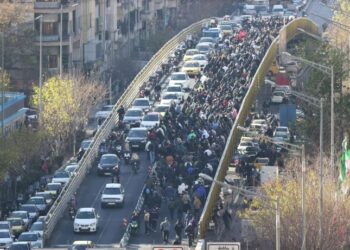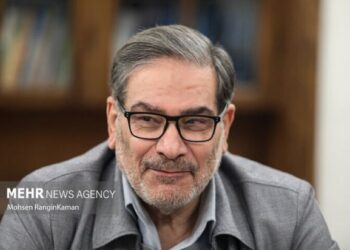Op-ed by Vartan Oskanian, Armenia’s former foreign minister (1998-2008)
Following the devastating 44-day war, Nikol Pashinyan faced an undeniable reality: his decisions had plunged Armenia into a national catastrophe. Deep down, he must have recognized his role in the devastating losses and the immense sacrifices endured by the Armenian people. Yet, rather than confronting this truth with accountability and genuine remorse, Pashinyan succumbed to a regrettable instinct: evading blame, absolving his conscience, and attempting to rewrite his legacy. What began as a reflexive emotional response has evolved into a calculated campaign to deflect responsibility, shift blame onto others, and distort history. This approach not only deepens public distrust but also undermines Armenia’s ability to recover and rebuild in the aftermath of these crises.
One of the most striking examples of Pashinyan’s attempts to rewrite history is his recent claim that since 1994, all OSCE Minsk Group-led negotiations on Nagorno-Karabakh were aimed at conceding the region to Azerbaijan. This assertion underscores his deepening efforts to exorcise his guilt and exemplifies his bankrupt political morality.
The mere existence of the Madrid Principles, presented in December 2007 by the foreign ministers of the Minsk Group co-chair countries—France, Russia, and the United States—where the right of Nagorno-Karabakh to determine its political status through a referendum is unequivocally affirmed, is sufficient to refute Pashinyan’s baseless claim. By disregarding these historical facts, Pashinyan not only distorts the truth but also undermines current and future efforts for recovery. Furthermore, his approach leaves Armenia vulnerable to endless Azerbaijani demands and conditions.
Pashinyan’s tenure has been marked by cascading failures. His misjudgments triggered the 44-day war, leading to the initial partial loss of Nagorno-Karabakh. These early mistakes were not isolated incidents but part of a broader pattern of incompetence that ultimately culminated in the complete loss of Nagorno-Karabakh, the mass exodus of its population, and Armenia’s current precarious state. The tragedy lies not only in the scale of these failures but also in Pashinyan’s persistent refusal to take responsibility. Instead of owning his mistakes and striving to correct them, he has doubled down, causing further damage and diplomatic impasse.
To fully grasp the depth of Pashinyan’s failures, one must consider the unprecedented opportunity he inherited in 2018. The political transition and overwhelming public support provided him with a unique platform. Standing on the foundation laid by his predecessors, he was afforded a historic chance to achieve a peaceful resolution to the Nagorno-Karabakh conflict. Instead, Pashinyan squandered this opportunity.
Critics might argue that Armenia’s challenges were insurmountable and that any leader would have struggled under similar circumstances. However, this defense collapses under the scrutiny of Pashinyan’s errors, missteps, and refusal to adapt or seek competent advice. His failures are not merely the result of external pressures but stem from his own hubris and inability to acknowledge his limitations. No leader devoid of basic diplomatic and military competencies could hope to navigate Armenia’s complex challenges alone. Pashinyan lacked these skills in 2018 and continues to lack them today.
Pashinyan’s shortcomings have had profound consequences for the Armenian people. The complete loss of Nagorno-Karabakh and the displacement of its population mark not just a territorial defeat but also a deep wound to the nation’s identity and heritage. The exodus of Armenians from their ancestral homeland is a humanitarian tragedy that will resonate for generations. Instead of uniting the country in the face of such adversity, Pashinyan’s actions have sown division and despair.









